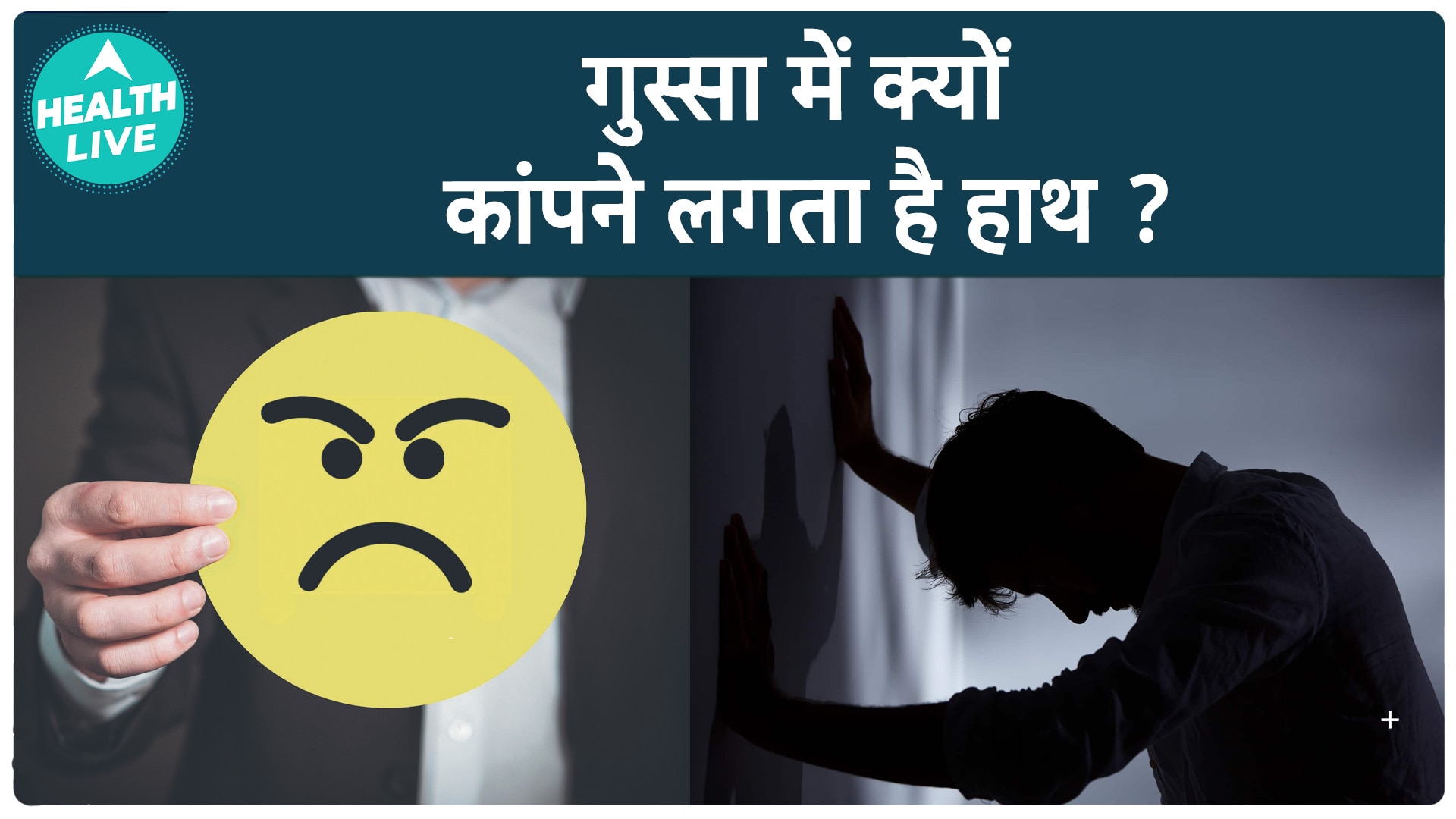On Wednesday, Kerala reported a confirmed case of monkeypox (Mpox), marking the second known such case of infection in India. According to the Kerala Health Department, a 38-year-old man from Malappuram district, who had recently returned from the United Arab Emirates, tested positive for the virus. The first case emerged in Haryana following the recent global outbreak of the disease and WHO's declaration of it as a public health emergency of international concern; airports are also on high alert.
Here are a few things you should be careful and aware of in the scenario: What is monkeypox? Monkeypox (Mpox) is a disease caused by the monkeypox virus, which belongs to the orthopox virus family. This virus was first discovered in 1958. Monkeypox is related to the smallpox virus.

Until recently, it was primarily detected among individuals in Central and West Africa who had close contact with monkeys. How does mpox spread The mpox virus can spread from animals to humans through direct contact with infected animals' blood, bodily fluids, or cutaneous or mucosal lesions. Human-to-human transmission can occur through respiratory droplets, direct contact with infected bodily fluids, or lesions, and indirectly through contaminated materials.
Symptoms of mpox Mpox typically presents with a fever, rash and swollen lymph nodes and may lead to a range of medical complications. The rash often starts on the face and spreads to other parts of the body. How to prevent mpox Preventive measures include avoiding contact with animals that could harbour the virus, practicing good hygiene and using protective equipment when caring for infected individuals.
How to treat it? There is no specific treatment for mpox, but smallpox vaccines have been found to provide some protection against mpox. Supportive care is often provided to manage symptoms..


















